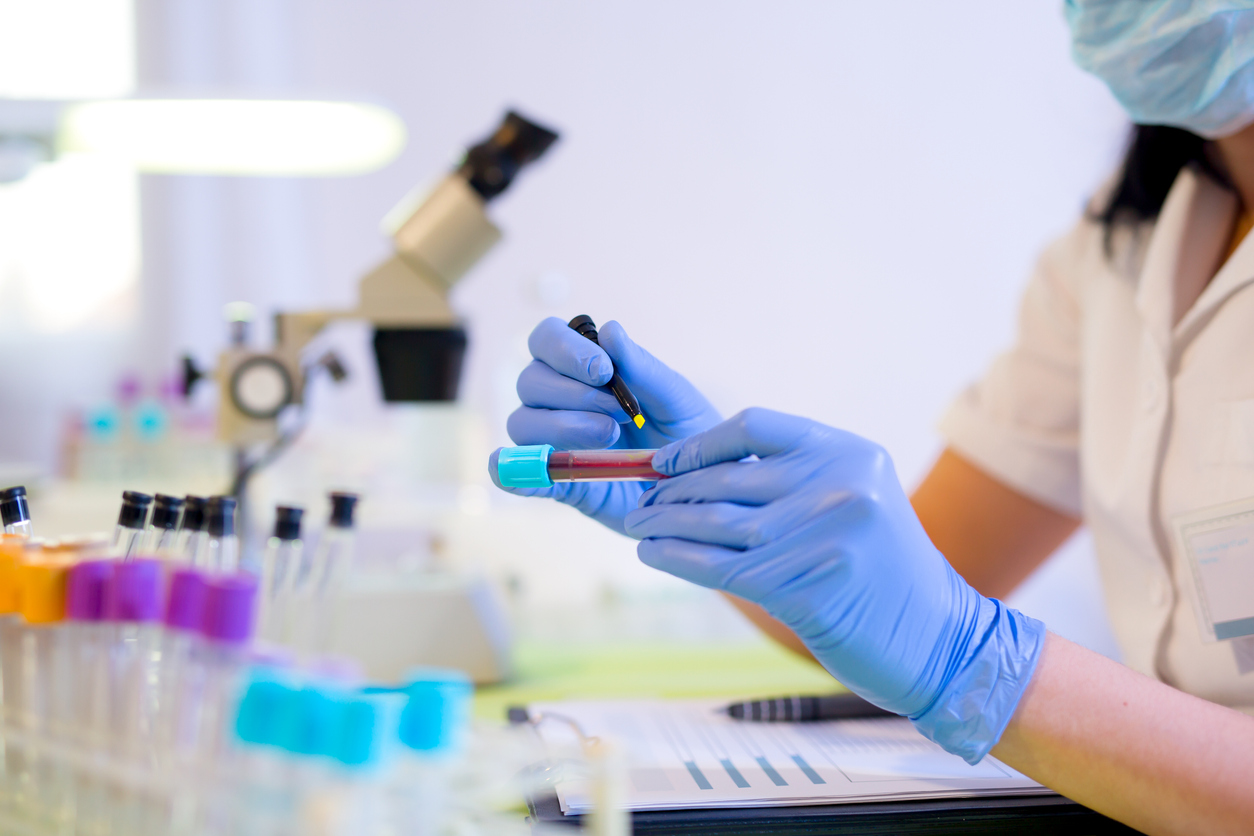Do you think you may have PCOS and would like to get a diagnosis? It can be daunting to take that first step, especially when you do not know what tests you need to get done and when in your cycle you should get them done. Well, don’t worry, you’ve come to the right place!
Understand your medical history for effective PCOS diagnosis
Your first step in polycystic ovary syndrome diagnosis, is your consultation with a gynaecologist, she will ask you about your symptoms and medical history, so for example, if irregular periods is one of your symptoms, she will ask you questions like – since when have you had irregular periods? What is the average gap between your periods? She will also ask you about family history of conditions like obesity, diabetes and hypertension. Getting a sense of your medical history and period pattern can help the gynaecologist determine what the root cause of your PCOS is and what future risks you may face given your PCOS condition. This initial conversation will also help her determine what further PCOS tests are required.
Scans and hormonal test for PCOS
While there is no one single test for PCOS that can be used for diagnosis, the following diagnosis of PCOS test below will not only help your gynaecologist rule out other conditions and diagnose you but will also help her determine the root cause of your PCOS:
Diagnosis of PCOS
Diagnosis of PCOS is a complex process and depends on the symptoms, scans and hormonal blood tests. Not every woman may fit the the PCOS criteria perfectly so your doctor will have to rule out other causes of your symptoms before a diagnosis is made.
Pelvic Examination for diagnosis of PCOS
One of the criteria for diagnosis of PCOS is the presence of cysts on the ovaries. And this can be done with an ultrasound scan.
- The scan/picture can be used to detect the presence of “cysts” or follicles in your ovaries. If more than 20 follicles are visible on one or both of your ovaries or if the size of your ovaries is increased, this may be consistent with PCOS.
- Not all women with PCOS will have these ultrasound findings, and not all women with these ultrasound findings will have PCOS. However, ultrasound can be used to support the diagnosis of PCOS if other clinical features are present as discussed below.
The USG test can be done at any time in your menstrual cycle. Of note, sometimes adolescents can have ovaries that appear polycystic, but this can be a normal finding among younger women.
Transvaginal ultrasound
A transvaginal ultrasound is a painless procedure that uses no radiation. It gives a much clearer picture of the ovaries than an abdominal scan. This type of scan is only done if the woman is sexually active. A pen-shaped probe will be inserted in your vagina that has an ultrasound sensor on the tip.
Abdominal ultrasound
An abdominal ultrasound is usually performed if the woman is not sexually active. The scan is done through the stomach wall itself and a picture of the ovaries is obtained.
Hormonal Blood Test for PCOS Diagnosis
- Testosterone and Free Androgen Index (FAI): Testosterone is an androgen (male hormone) that is normally produced in small amounts in the female body. As discussed above, hyperandrogenism (high male hormone levels) is a major clinical feature of PCOS. Doing blood tests to determine the amount of testosterone present in your body and your free androgen index is one component of diagnosing PCOS. Some women will have normal blood tests but signs of hyperandrogenism such as severe hirsutism or acne, and these can be used as one of the diagnostic criteria for PCOS as well. SHBG and DHEAS tests are other blood tests that can be done to evaluate for and determine an etiology of hyperandrogenism.
- Thyroid Stimulating Hormone (TSH) Test: Hypothyroidism can cause symptoms similar to that of PCOS, especially irregular menses. In order to rule out hypothyroidism as a cause of your symptoms, the doctor will prescribe you a TSH test. TSH controls the levels of T3 and T4 thyroid hormones — when the levels of these hormones are low, you can have PCOS-like symptoms.
- Prolactin Test: Prolactin is a hormone released by your pituitary gland, an pea-shaped organ present at the base of your brain. Prolactin promotes lactation in women, and when its levels are elevated, it can lead to irregular menses. Prolactin test is done to rule out hyperprolactinemia as the root cause of your irregular or absent periods.
- Reproductive Hormone Tests: Levels of other female reproductive hormones like FSH, LH and estrogen can also be checked if you are having irregular menses to rule out other causes such as primary ovarian insufficiency (early menopause)LH and FSH are hormones released by the pituitary gland and are responsible for regulating your menstrual cycle. FSH signals the growth and maturation of your eggs, while LH signals the egg to be released from your ovaries. When FSH levels are high, this could signal early menopause, which also causes irregular and absent periods, infertility and mood swings. So FSH can be tested to rule out early menopause. The LH to FSH ratio was used previously to diagnose women with PCOS, but that is now an outdated way to test for PCOS, as many women without PCOS and otherwise normal hormonal profiles also tend to have high LH to FSH ratios. So it is no longer an accurate way to diagnose PCOS, however, it can help support/confirm a diagnosis of PCOS.
- Insulin test: 70% of women with PCOS have a condition called insulin resistance (IR). IR causes your body to stop responding to the hormone insulin, which leads to high blood insulin levels. High blood insulin levels cause PCOS symptoms like weight gain, excess facial and body hair growth, acne, scalp hair loss, cravings, fatigue and irregular periods. It is important to determine if the root cause of your PCOS is IR, as your treatment will depend on this. Women with high blood insulin levels are usually prescribed metformin and myo-inositol to lower IR. Having IR puts you at risk of developing diabetes and hypertension, so it is very important to treat it at the earliest.
Other tests
Women with PCOS are also at a risk of developing cardiovascular diseases which makes it important to keep a check on certain parameters such as cholesterol and triglyceride levels. Also many women also show signs of insulin resistance which is one of the major drivers for being overweight. Tests that can be additionally performed include:
- Cholesterol tests
- Checking blood pressure
- Glucose tolerance blood test
If you have PCOS, it is ideal to keep a check on your cholesterol and insulin levels every 1 to 3 years and a yearly checkup of blood pressure.
Remember to stay patient with yourself and the changes that are happening in your body when you begin the treatment because it might take weeks before you start to feel better again. You will not only be able to keep the symptoms under control but you also prevent the many complications of hypothyroidism from developing. Regardless of where you are in your treatment journey, the effort is worthwhile.
Disclaimer: Content on Veera is provided for informational purposes only and is not intended as medical advice, or as a substitute for medical advice given by a physician



















